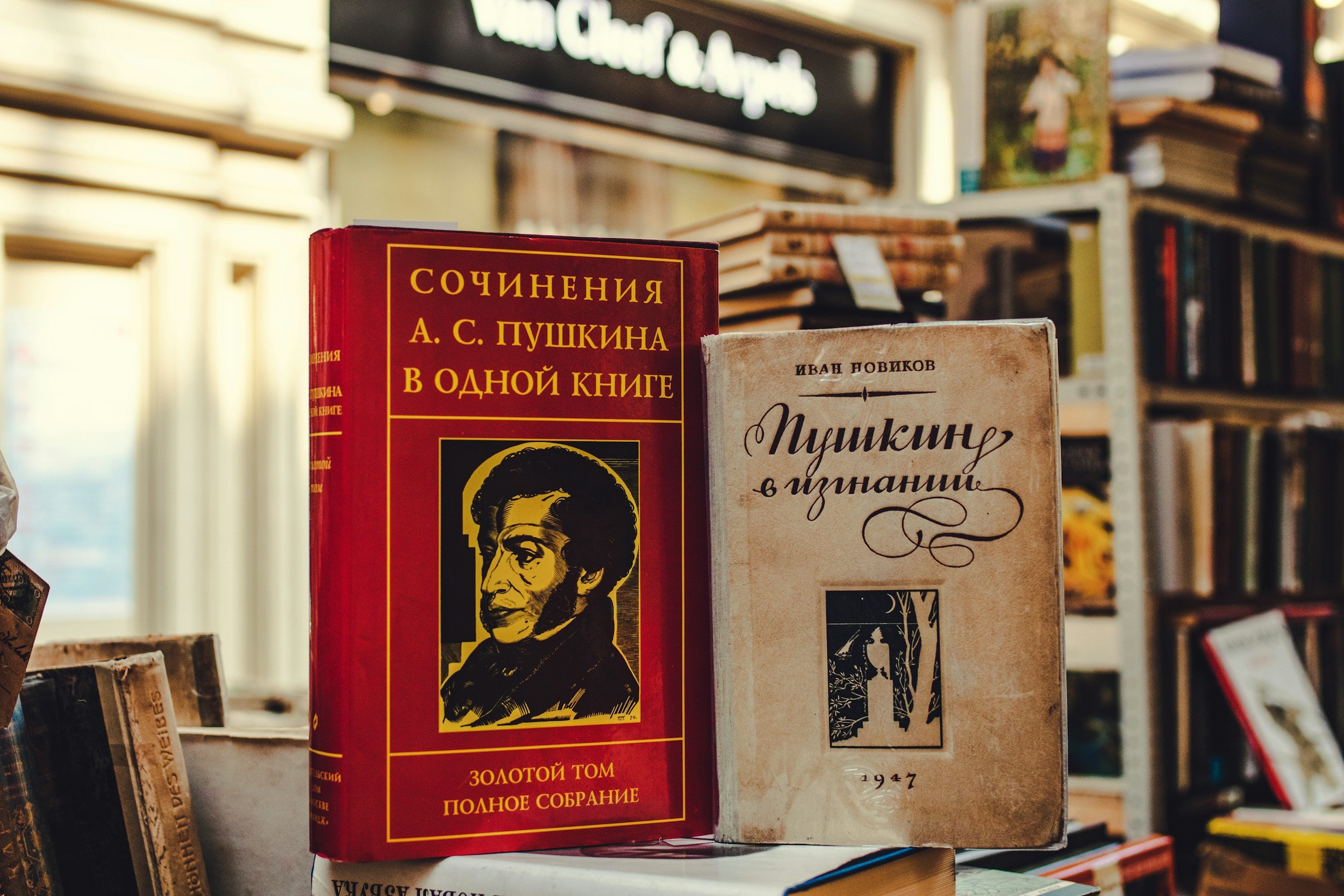
Russian Language Facts - Learn Exciting Information
Are you interested in the language of Tolstoy and Dostoevsky? Uncover Russian language facts that showcase its literary depth, global influence, and role across Eastern Europe and Asia. Russian is a Slavic language with a long history and rich vocabulary.
Discover intriguing facts about Russian and the reason behing its status as one of the six official languages of the United Nations, reflecting its international importance. Join us in exploring Russian language facts that reveal the nuances and linguistic beauty of this powerful language.
Overview
Russian has a rich literary tradition, with notable authors like Leo Tolstoy, Fyodor Dostoevsky, and Anton Chekhov. Its grammar features a subject-verb-object word order, six grammatical cases, and verb aspects that convey the completion of actions. Russian vocabulary has been influenced by Old Church Slavonic, French, German, and English. The language plays a crucial role in science, technology, and space exploration.
Key Statistics
Number of Speakers: Approximately 150 million native speakers and over 258 million total speakers.
Official Status: Official language of Russia, Belarus, Kazakhstan, Kyrgyzstan, and an official language of the United Nations.
Language Family: Part of the Indo-European language family, within the Slavic branch.
Writing System: Uses the Cyrillic alphabet, consisting of 33 letters.
Brief History
Russian evolved from East Slavic languages spoken in Kievan Rus' (9th to 13th centuries). The language developed further during the Grand Duchy of Moscow (13th to 16th centuries).
The modern language was significantly shaped by the reforms of Peter the Great in the 18th century and the influence of French and German.
In the 20th century, the U.S.S.R. standardized the language and promoted its use across the country.
Notable Words
Mir (мир): "World" or "peace."
Dusha (душа): "Soul."
Toska (тоска): A deep emotional pain or longing.
Svet (свет): "Light."
Rodina (родина): "Motherland" or "homeland."
Zvezda (звезда): "Star."
Rassvet (рассвет): "Dawn."
Soblazn (соблазн): "Temptation" or "allure."
Trivia
Russian is the largest native language in Europe.
The Russian alphabet was reformed in 1918 to simplify spelling and remove obsolete letters.
Russian is known for its consonant clusters, making pronunciation challenging.
The longest word is "превысокомногорассмотрительствующий", meaning "someone who gives too much consideration."
Biggest Cities
Moscow, Russia: The Russian capital and biggest city with a population of about 12.5 million.
Saint Petersburg, Russia: A cultural center with approximately 5.4 million people.
Novosibirsk, Russia: The largest city in Siberia, with around 1.6 million residents.
